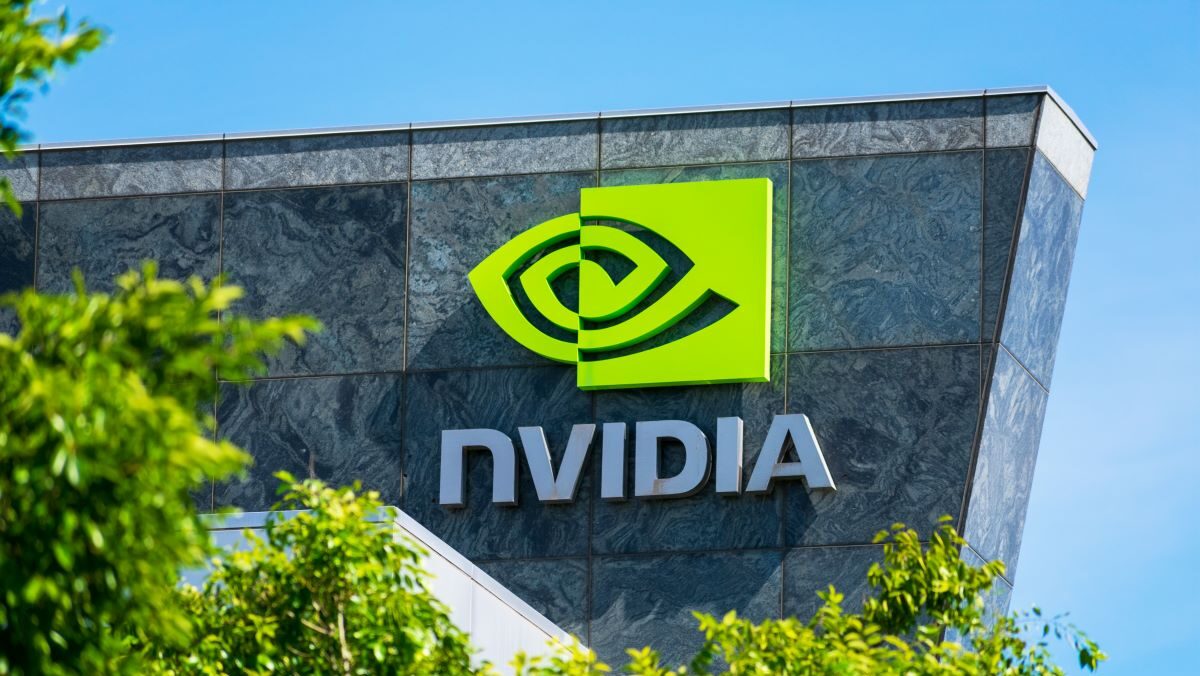Artificial Intelligence
Nvidia’s volatility making Bitcoin look stable
Nvidia shares have swung between $90.69 and $131.26 over the past 30 trading days, with a record amount of market value being wiped out Tuesday.

Nvidia Corp. experienced a significant decline in value this week, amounting to about $406 billion (R7.25 trillion). This decline has had an impact on key equity benchmarks amidst concerns over the health of the US economy and the AI sector. The world’s largest artificial intelligence (AI) chipmaker saw a reduction of one-fifth of its value over the past two weeks.
This decline has highlighted a notable issue for investors in the $2.5 trillion giant: the increased volatility surpassing that of its peers and even surpassing the volatility of Bitcoin. Nvidia shares have fluctuated between $90.69 and $131.26 over the last 30 trading days, with a record loss of market value observed on Tuesday.
The heightened level of volatility has raised its 30-day realised volatility to around 80, which is approximately four times higher than Microsoft Corp., double that of Bitcoin, and surpassing meme stocks such as Donald Trump’s media company and Elon Musk’s Tesla Inc.
According to data compiled by Bloomberg, the recent decline marks Nvidia’s most challenging two-week period in two years. This downturn followed a cautious forecast and issues related to its Blackwell chip, which tempered investor enthusiasm. Additionally, the US Justice Department’s antitrust probe escalated with the issuance of subpoenas, further dampening sentiment for chipmakers, compounded by Broadcom Inc.’s disappointing sales forecast.
Commenting on the current market conditions, Rhys Williams, Chief Strategist at Wayve Capital Management LLC, noted the challenges faced and emphasized that the AI trade is still in its early stages, making it unpredictable on a daily basis.
Despite the recent setbacks, Nvidia has provided substantial returns to investors this year. Even with the recent decline, the stock remains over 100% higher for the year, adding $1.3 trillion in market value. Wall Street analysts continue to view Nvidia favorably, expecting the company to benefit from ongoing investments in AI infrastructure by various companies.
Nvidia’s major clients, including Microsoft Corp., Meta Platforms Inc., Alphabet Inc., and Amazon.com Inc., which collectively contribute over 40% of Nvidia’s revenue, have affirmed their commitment to investment in Nvidia products. Nvidia’s recent financial results also supported this positive outlook, with revenue more than doubling and surpassing expectations, along with strong adjusted earnings.
Looking ahead, as investors navigate the developments in the AI sector, the volatility in Nvidia and other chipmakers’ shares is likely to persist. This volatility could present opportunities for long-term investors seeking to capitalize on the growth potential of AI-related stocks.
Williams at Wayve Capital highlighted that the current market conditions could be an opportune time for long-term investors to consider adding AI-related stocks to their portfolios, viewing the current downturn as a favorable entry point for investment.















